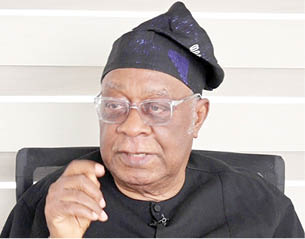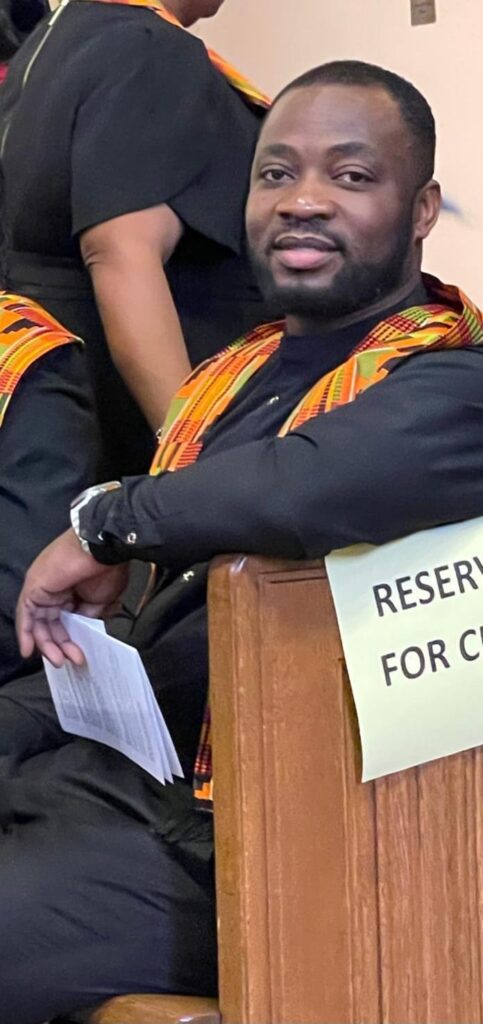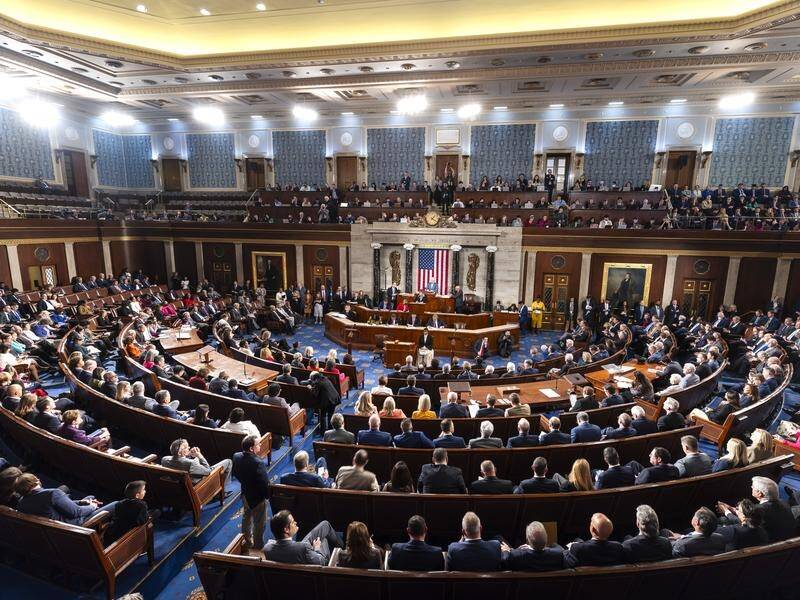Some members of the striking university-based unions have confirmed that the Nigerian government has imposed a “no work, no pay” policy on the striking lecturers.
Recall that federal government-owned university in the country have been closed down as a result of the strike embarked by four unions – the Academic Staff Union of Universities (ASUU), Senior Staff Association of Nigerian Universities (SSANU), Non-Academic Staff Union of Allied Educational Institutions, and the National Association of Academic Technologists (NAAT).
ASUU had embarked on a four-week warning strike on February 14 which was broadened at its expiration, following the alleged failure of the government to address the contentious issues that led to the strike.
In March, the Joint Action Committee (JAC), comprising the Non-Academic Staff Union of Allied and Educational Institution (NASU), and the Senior Staff Association of Nigerian Universities (SSANU) declared a two-week warning strike, within the same month and it was also extended, while the National Association of Academic Technologists (NAAT), declared its own two weeks warning strike the same month.
Substantiating this, the zonal coordinator of the ASUU, Abuja zone, Dr. Salahu Mohammed Lawal, said their members have been denied salaries. “Our members were denied their salary. We are not surprised being a game plan to weaken and break our ranks,” he said.
On his part, the Chairman of ASUU, University of Calabar (UniCal) branch, Dr. John Edor said “It is true that the government imposed the no work no pay policy on the striking workers,” even though he did not give the details of the payment crisis.
Earlier, the president of NAAT, Ibeji Nwokoma also confirmed that members of his union were not paid their full March salaries. Nwokoma also accused the federal government of ignoring all the notices and letters sent with the hope of addressing some of the issues faced by the union.
“Instead of the Nigerian government inviting the striking workers to dialogue on the matter, it went ahead to implement its ‘no work, no pay policy.”
Ada Peter



























